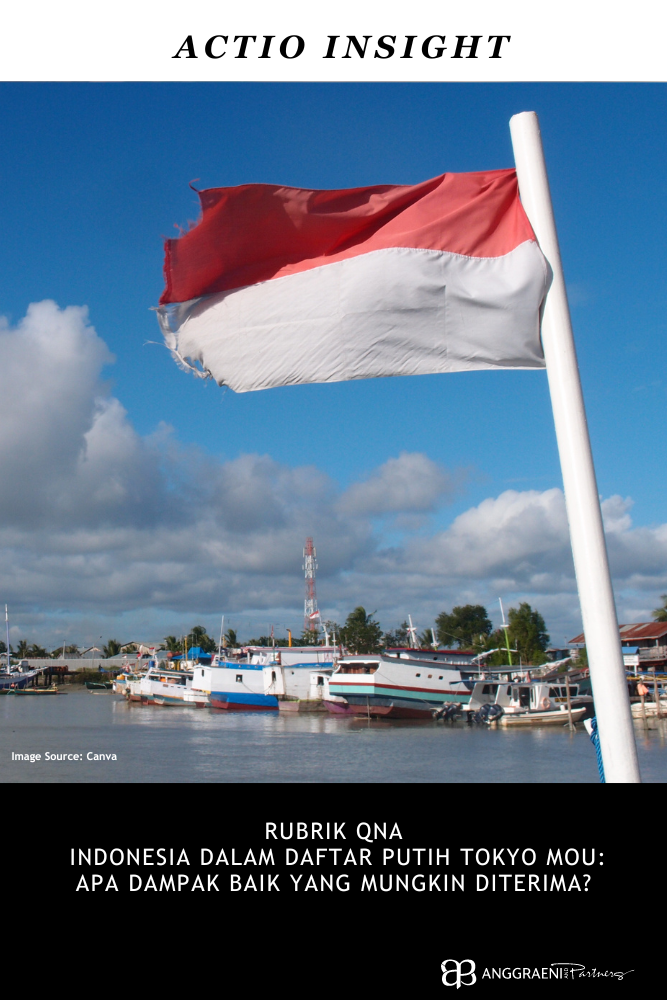- Home
- Capabilities
- ACTIO® Hub
- About Us
- Connect with Us
- AP Library
The award rendered by the arbitrator(s) or the tribunal is final and binding as stipulated under Article 60 of Law No. 30/1999. Basically, the parties should implement an arbitral award voluntarily. Having said that, however, the discretionary nature of Article 61 of Law No. 30/1999 leaves room for national courts to give effect to those awards that have been set aside by the aggrieved party. Unlike a national court judgment, arbitral award is incapable of direct enforcement. Thus, arbitration is often cited as being a “quasi-judicial tribunal”, and national courts are, therefore, necessarily involved in the recognition and enforcement of arbitral awards. The registration period fordomesticarbitralawardis30(thirty)daysafterthe receipt of the award, whereas provision for foreign arbitral awards is silent under Law No. 30/1999.
With regards to obtaining an exequatur, it is important to note that there shall be no intervention in any form of appeal or recourse. The aggrieved party, however, may sometimes anticipate writing a letter to the authorized Chairman of the District Court to annul the award. Under Article 70 of Law No. 30/1999, an application to annul an arbitral award may be made if any of the following conditions are alleged to exist:
1. Letters or documents submitted in the hearings are acknowledged to be false or forged or are declared to be forgeries after the award has been rendered;
2. After the award has been rendered documents are founded which are decisive in nature and which were deliberately concealed by the opposing party; or
3. The award was rendered as a result of fraud committed by one of the parties to the dispute.
To mitigate the risk of annulment , it is noteworthy that the relevant parties must adhere to the conditions stipulated in Article 70 of Law No. 30/1999. Withregardstointernationalarbitration award, the award will be recognized and enforceable in Indonesia if the following conditions are fulfilled:
1. The award is rendered by an arbitrator or arbitral tribunal in the New York Convention 1958 States;
2. The award falls within the scope of commercial law;
3. The award does not contravene the public policy in Indonesia; and
4. The award obtains an exequatur order from the Chairman of the Central Jakarta District Court. HWO/HES


